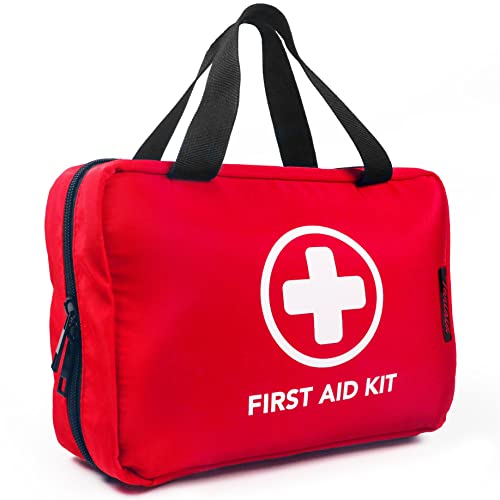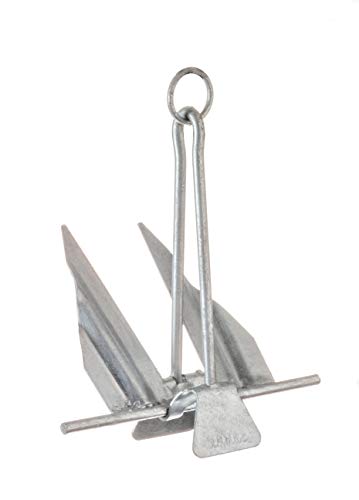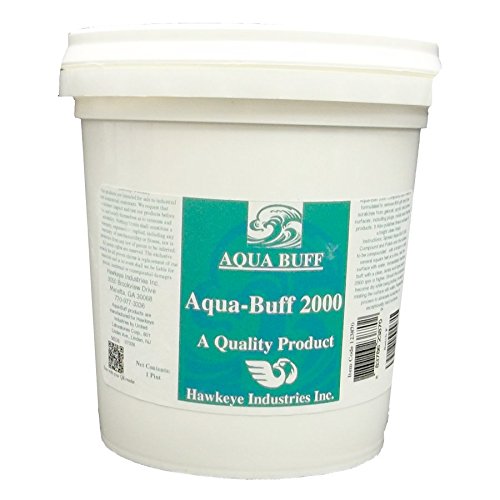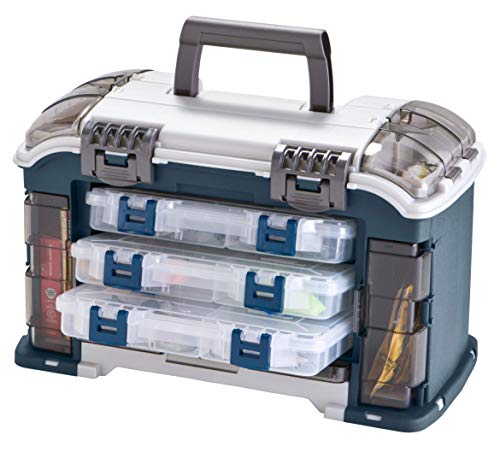skipper123
Well-known member
Just read this post for the first time and see a lot of conflict that looks like it could be resolved with some fish. TexasLoneStar56
said the grass carp would eat the hydrilla grass and I know they do I have them in my pond. They also eat a lot of other evasive weeds to keep a body of water clean. The goberment can post all the signs they want and charge road tax water tax and trailer tax but it want stop the weeds from taking over. The grass carp on the other hand will and we need them in every body of water that has evasive weeds taking over. I never thought I would see the deep clear waters of Clarks Hill lake on the border of SC and GA have hydrilla but noticed just last year that crap blocking off whole coves from the lake. Its getting really bad. If the goberment would spend that tax on grass carp I'm all for it. I guess this would be a good reason to form or join a fishing club to get together and purchase grass carp to put in the body of waters we fish. Making sure it was ok with DNR of course. From what I understand this mess came from South America first showed up in south Florida and keeps moving north. I have watched it migrate over the last twenty years from the lower part of SC to now the piedmont or middle part of the state. I think the grass carp is the only way to get rid of it and keep it under control. The bow fishermen including myself need not be shooting the carp. We have a plenty gar to shoot at they as will as turtles and water turkeys are out of control as well. Anybody kin to Trump, he knows how to get things done and in a hurry.
said the grass carp would eat the hydrilla grass and I know they do I have them in my pond. They also eat a lot of other evasive weeds to keep a body of water clean. The goberment can post all the signs they want and charge road tax water tax and trailer tax but it want stop the weeds from taking over. The grass carp on the other hand will and we need them in every body of water that has evasive weeds taking over. I never thought I would see the deep clear waters of Clarks Hill lake on the border of SC and GA have hydrilla but noticed just last year that crap blocking off whole coves from the lake. Its getting really bad. If the goberment would spend that tax on grass carp I'm all for it. I guess this would be a good reason to form or join a fishing club to get together and purchase grass carp to put in the body of waters we fish. Making sure it was ok with DNR of course. From what I understand this mess came from South America first showed up in south Florida and keeps moving north. I have watched it migrate over the last twenty years from the lower part of SC to now the piedmont or middle part of the state. I think the grass carp is the only way to get rid of it and keep it under control. The bow fishermen including myself need not be shooting the carp. We have a plenty gar to shoot at they as will as turtles and water turkeys are out of control as well. Anybody kin to Trump, he knows how to get things done and in a hurry.


























































